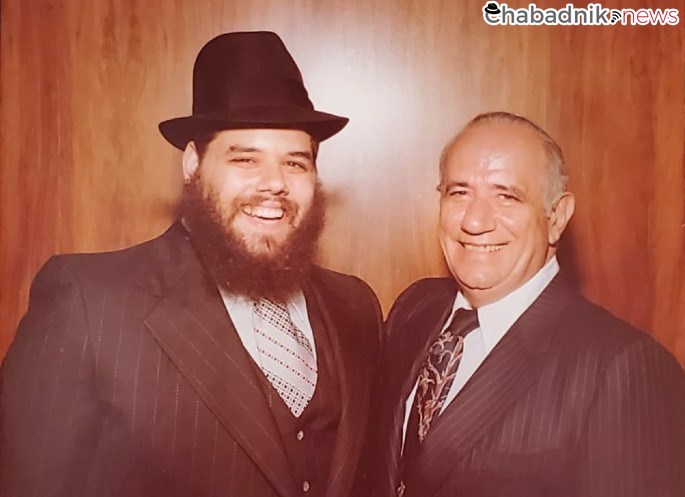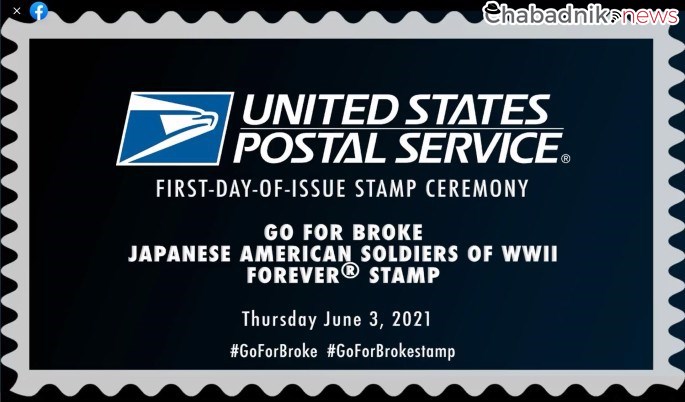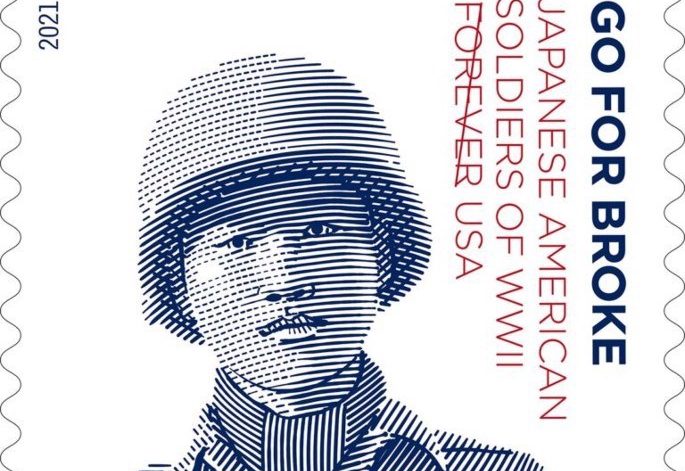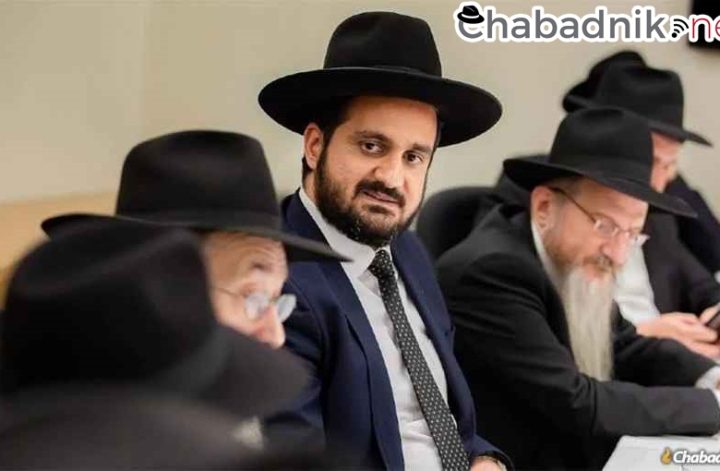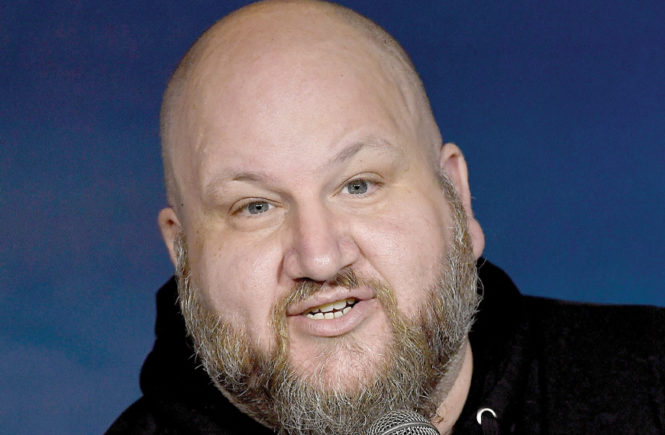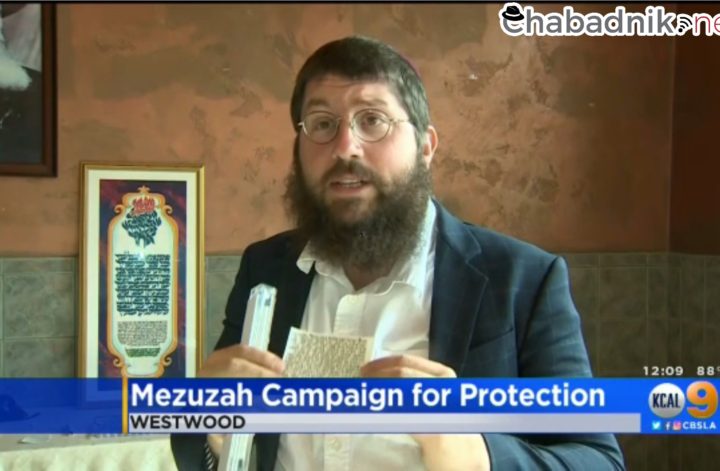After 15 years of effort, a commemorative stamp is issued
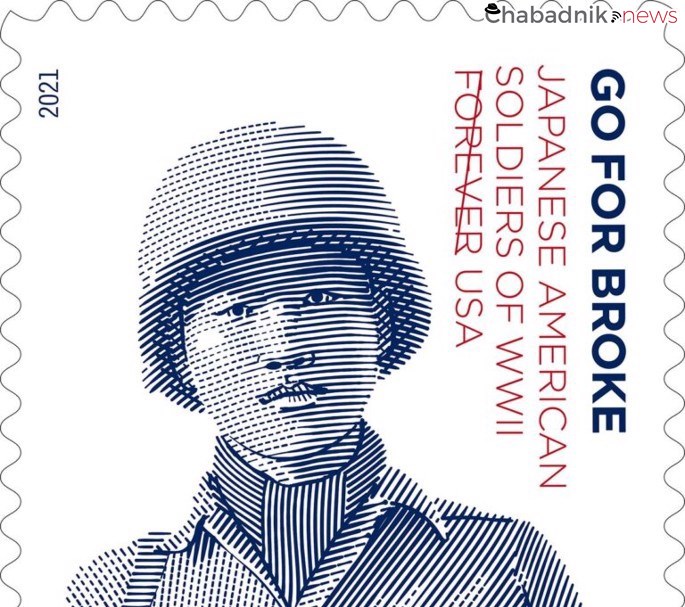
When David Novack, a young first lieutenant with the 100th Infantry Battalion, fought for the United States Army in the European theater during World War II, he never could have envisioned that one of his grandsons would be a Chabad-Lubavitch rabbi who would be taking part in a national campaign to bring honor to the valiant Japanese-American troops he commanded.
But that’s exactly what happened, and the efforts finally came together this week. After more than 15 years of activism, the United States Postal Service has issued a commemorative stamp honoring the service and sacrifice of the American men and women of Japanese heritage who served during the Second World War. More than 800 of them gave their lives. They served with distinction and honor alongside 16 million fellow American servicemen and servicewomen during the war.
The postal service has announced that the first day of issue is June 3.
The first city of issue is Los Angeles, where veteran widows and their friends first started to campaign for the stamp in 2005. Although the event on Friday, June 4 will be closed to the public due to pandemic guidelines, Rabbi Shmuel Novack, grandson of David Novack, is on the guest list
The 100-442nd Infantry Regiment’s history is well documented, as the men and women who served distinguished themselves in their dedication to their country, particularly so in the face of the discrimination the Japanese American community suffered during the time.
Shortly after the Imperial Japanese Navy’s attack on Pearl Harbor on Dec. 7, 1941, Japanese American citizens were initially categorized as enemy aliens. In February of 1942, President Franklin D. Roosevelt signed Executive Order 9066, authorizing military authorities to inter them in camps throughout the Western United States.
What ensued is still a large stain on American history—the relocation and detention of thousands of citizens for no other reason other than their ancestry.
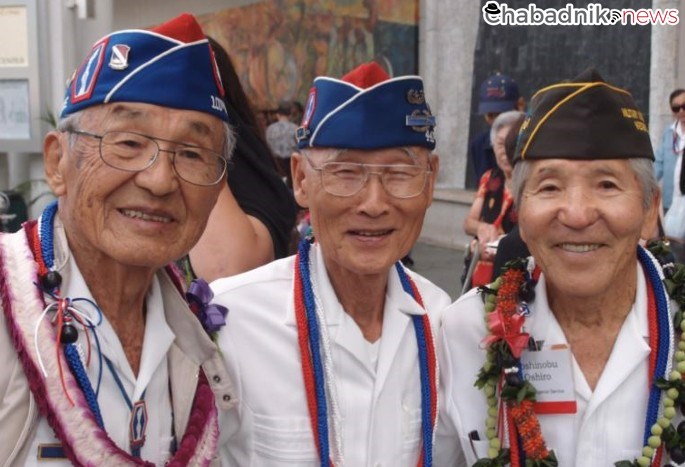
Remarkably, despite the intense discrimination, many of those interred chose to prove their loyalty by volunteering for the draft, eventually forming two combined units of the 100-442nd battalions.
More than 12,000 Nisei (second-generation Japanese American) volunteers answered the call. Many of the soldiers had families in internment camps while they fought abroad. The unit’s motto was “Go for Broke.”
The 442nd regiment is the most decorated unit for its size in U.S. military history. But despite its storied and courageous history, it took years for the U.S. government to officially recognize its bravery.
Eventually, their efforts came to light, and numerous awards were issued over the years by subsequent U.S. presidents. Still, the recognition didn’t seem commensurate with the endeavor.
To that end, the Stamp Our Story Coalition, an ad hoc group of mainly family and friends of the “Go for Broke” soldiers, was founded in 2005 by three Nisei (second-generation Japanese American) women from California who themselves endured confinement in the camps during the war. They have long sought to tell the “Go for Broke” soldiers’ story through a postage stamp.
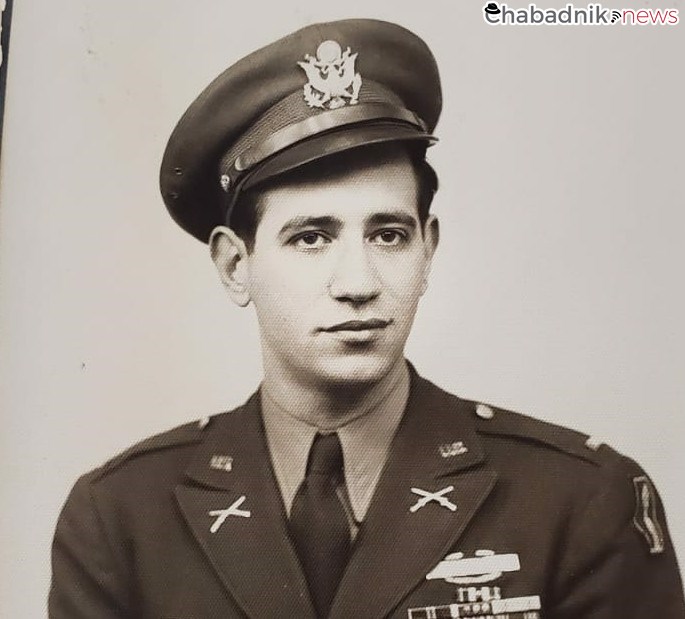
A Young Jewish American Among Them
“My father grew up in the predominantly Jewish area of Boyle Heights, Los Angeles,” Rabbi Novack co-director with his wife, Chana, of Chabad of Southside in Jacksonville, Fla., told Chabad.org. “He was drafted into the military and was joined with the 100-442nd Battalion, in which he served with distinction, earning a Silver Star for his heroics. It was during his service that he developed a close affinity with the Japanese American community
“When he returned from the war with only one leg—as he lost the other in battle—he maintained his connection with the Nisei.
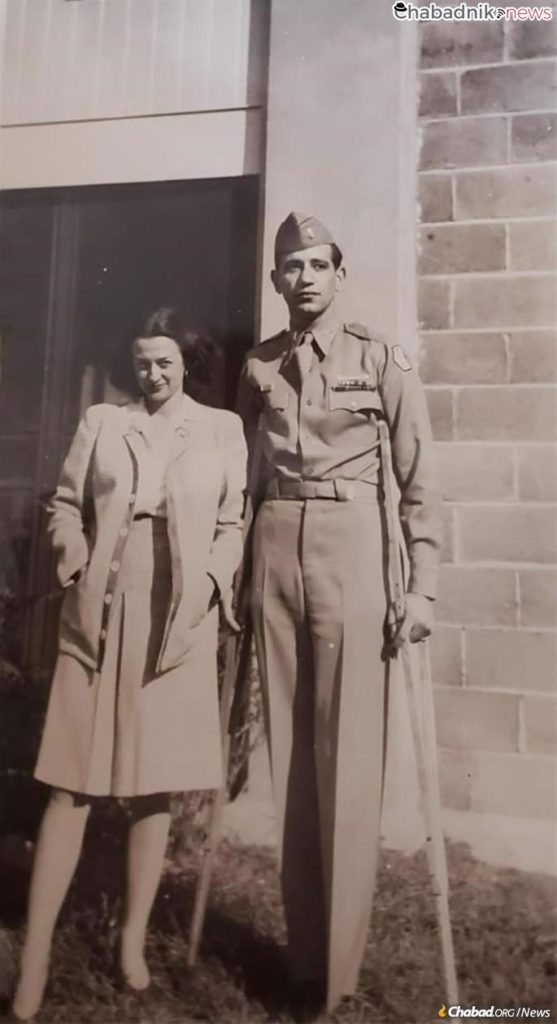
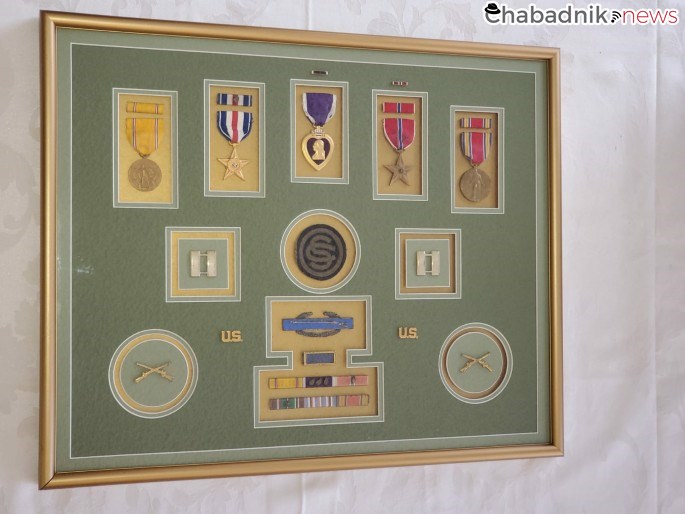
“I grew up with this proud history, so when I heard about the Stamp Our Story campaign, I knew that I needed to get involved. After all, these soldiers really did serve with so much valor, and as Judaism teaches us, such efforts cannot go unrecognized. What’s more, the Jewish community owes a personal debt of gratitude to the 100-442nd as they took part in liberating the Dachau concentration camp. I was able to influence the Simon Wiesenthal Center in Los Angeles to get involved in the effort, and they were very helpful in pushing things through.”
In addition to his efforts with the Wiesenthal Center, Novack solicited the support of his local congressman, Rep. John Rutherford of Florida’s 4th Congressional District.
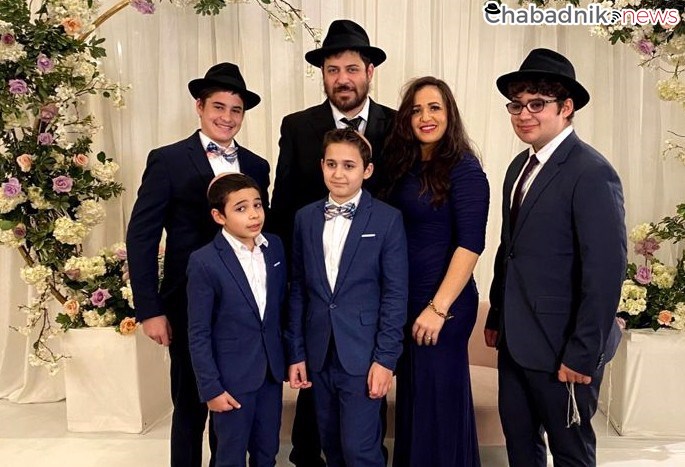
“We are forever grateful for Rabbi Novack and his family,” said Wayne Osako, co-chair of Stamp Our Story. “There are many such Jewish-Japanese connections, and as a third-generation Japanese American who grew up with stories of the Nisei since forever, these connections are very meaningful.”
Osako tells of a particular member of the Lost Battalion named Mr. Erwin Blonder, another Jewish American who spoke of his deep gratitude to the Nisei soldiers of the 100-442nd. Trapped behind enemy lines in the Vosges Mountains of France in October of 1944, the U.S. soldiers of the 36th Infantry Division were pressured to surrender to the enemy. Refusing to do so, they were rescued by the 442nd, who incurred more losses in their rescue efforts than the number of those saved.
“G‑d bless the Japanese-Americans,” Blonder says in a video recording on the National World War II Museum of New Orleans website.
“With so much anti-Semitism, as well as anti-Asian hate in this country, stories such as these reminds us of how much we share and of the efforts of past heroes to quash all hate,” said Novack.
